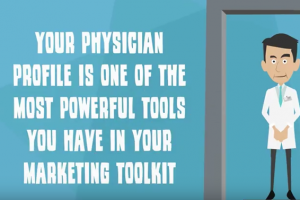As a medical professional, estate planning is an important part of protecting your assets. But many physicians delay estate planning until it’s too late, focusing instead on investments, taxes, and other more pressing financial matters. Having an estate plan in place is not just important for after you retire; it’s key to ensuring your assets are distributed in way of your choosing should something unexpectedly happen to you. Create a living will and trust with the help of a financial advisor or attorney. Be sure to specify asset allocation for your family members, and clarify your wishes for your personal property, bank accounts, retirement accounts, and your home. Keep your living will and trust updated by reviewing it at least once per year. Outdated documents could create strife for family members in the sudden event of your passing. Make sure beneficiary names are up to date on all documents, including your investment accounts and insurance policies. Finally, make sure others have a way to access your documents in the event of your passing. Leave instructions for your spouse or other family members as to the whereabouts of your estate plans, or assign Power of Attorney to an advisor you trust.
To learn more about doctor credentialing, insurance, coding, outsourcing, and everything you need to establish a successful healthcare practice, follow all of Sherlock Doc’s adventures on the DoctorsBusinessNetwork.com or Doctors Business Channel on YouTube!.



